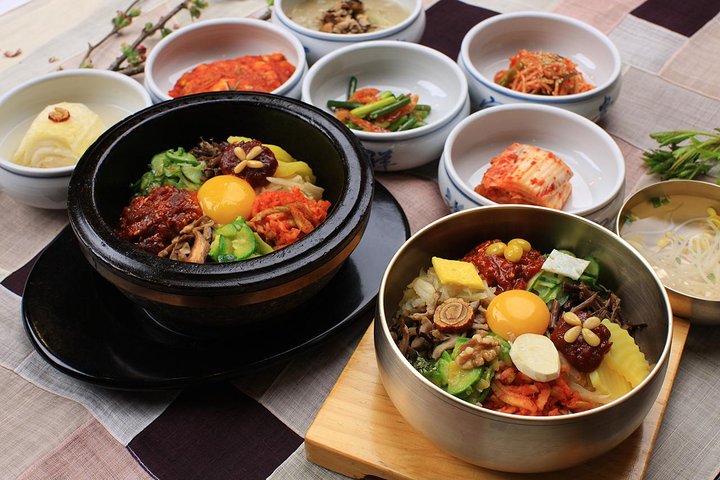
Jeonju-si, located in the heart of Jeollabuk-do, South Korea, is a city that beautifully blends tradition with modernity. Known for its rich cultural heritage and vibrant culinary scene, Jeonju is a must-visit destination for travelers seeking an authentic Korean experience. One of the highlights of Jeonju is the Jeonju Hanok Village, where you can stroll through picturesque streets lined with traditional Korean houses. While you’re there, don’t miss the chance to dress up in a hanbok, a traditional Korean outfit, and immerse yourself in the local culture Hanbok Experience. For food enthusiasts, Jeonju is a paradise. The city is renowned for its delicious cuisine, and you can embark on a culinary tour to discover the best local dishes and traditional food culture Food Tour. Additionally, the Jeonju City Tour offers a comprehensive exploration of the city’s historical sites and modern attractions, making it perfect for both tourists and locals City Tour. Whether you’re a history buff, a foodie, or simply looking to experience the charm of traditional Korea, Jeonju-si has something to offer for everyone.
Jeonju-si, located in the heart of Jeollabuk-do, South Korea, is a city that beautifully blends tradition with modernity. Known for its rich cultural heritage and vibrant culinary scene, Jeonju is a must-visit destination for travelers seeking an authentic Korean experience. One of the highlights of Jeonju is the Jeonju Hanok Village, where you can stroll through picturesque streets lined with traditional Korean houses. While you’re there, don’t miss the chance to dress up in a hanbok, a traditional Korean outfit, and immerse yourself in the local culture Hanbok Experience. For food enthusiasts, Jeonju is a paradise. The city is renowned for its delicious cuisine, and you can embark on a culinary tour to discover the best local dishes and traditional food culture Food Tour. Additionally, the Jeonju City Tour offers a comprehensive exploration of the city’s historical sites and modern attractions, making it perfect for both tourists and locals City Tour. Whether you’re a history buff, a foodie, or simply looking to experience the charm of traditional Korea, Jeonju-si has something to offer for everyone.














